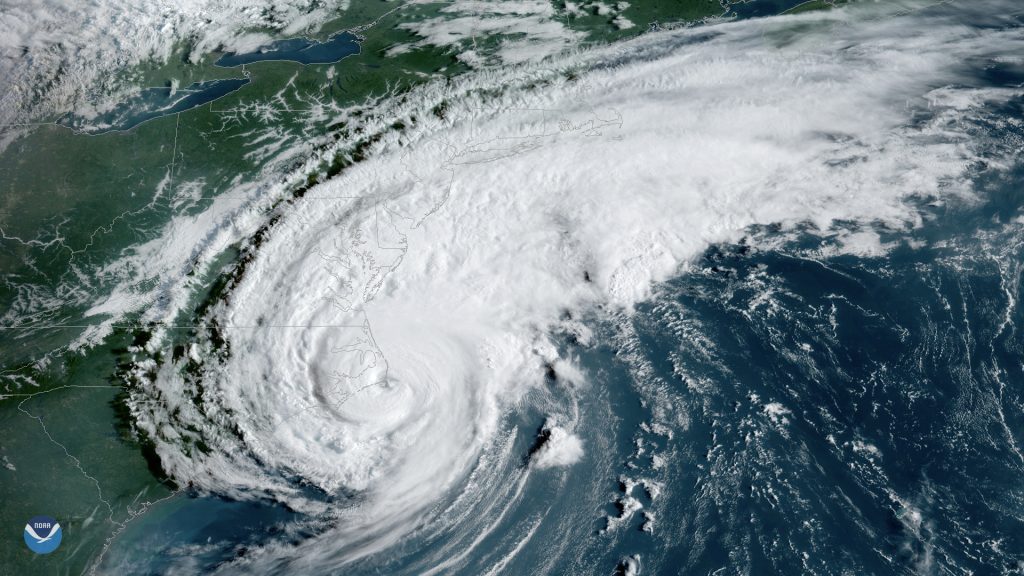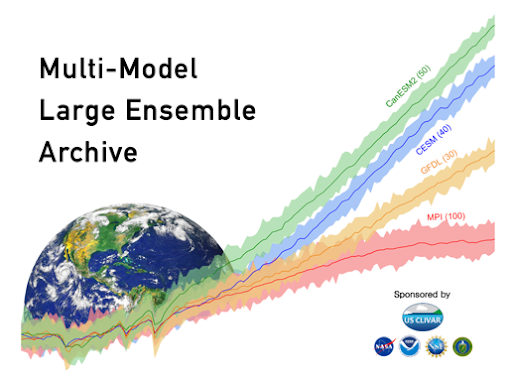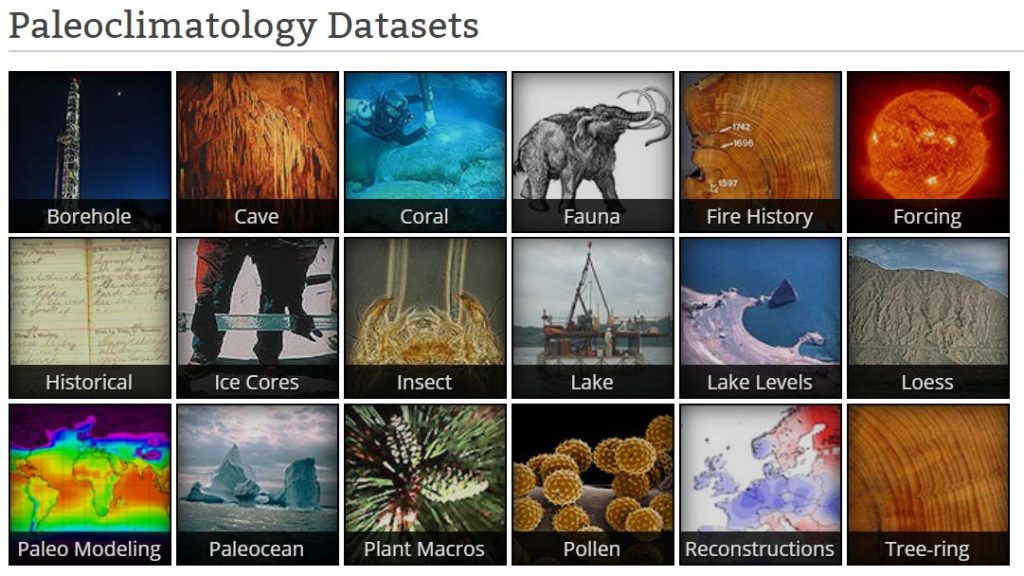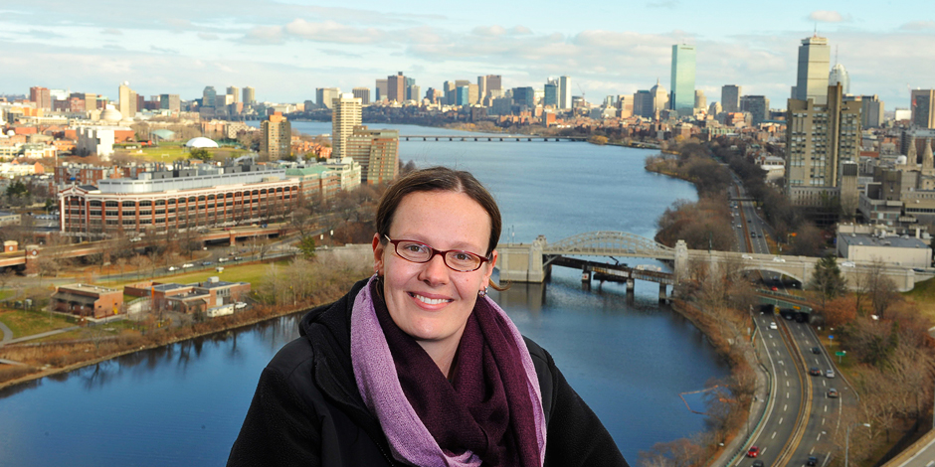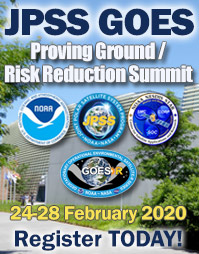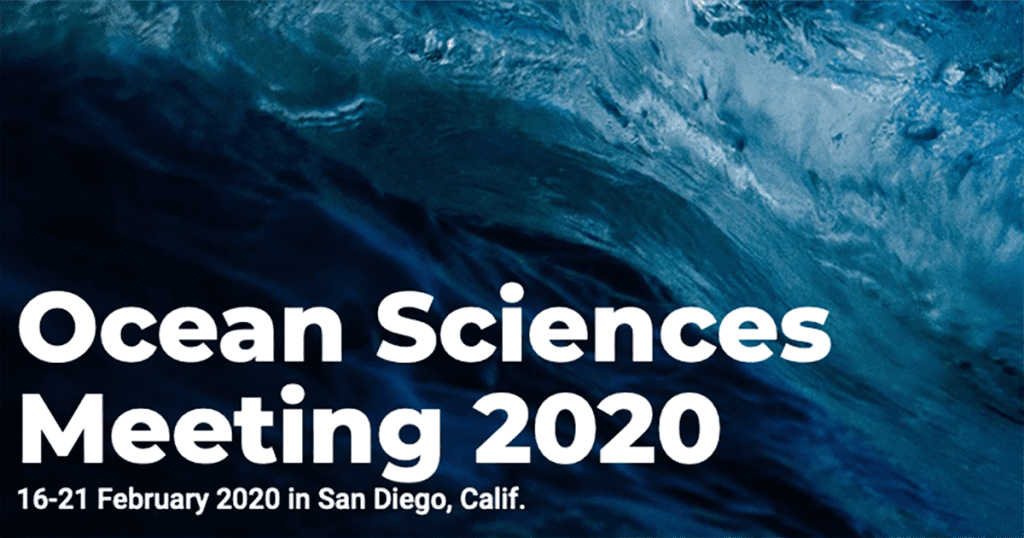Improving understanding of salinity’s role in rapid intensification of Atlantic tropical cyclones
A research team funded in part by the Climate Program Office’s Climate Observations and Monitoring Program has published a new paper describing salinity’s significance in the rapid intensification of Atlantic tropical cyclones, and the possibility of improving our models for rapid intensification by including salinity.


